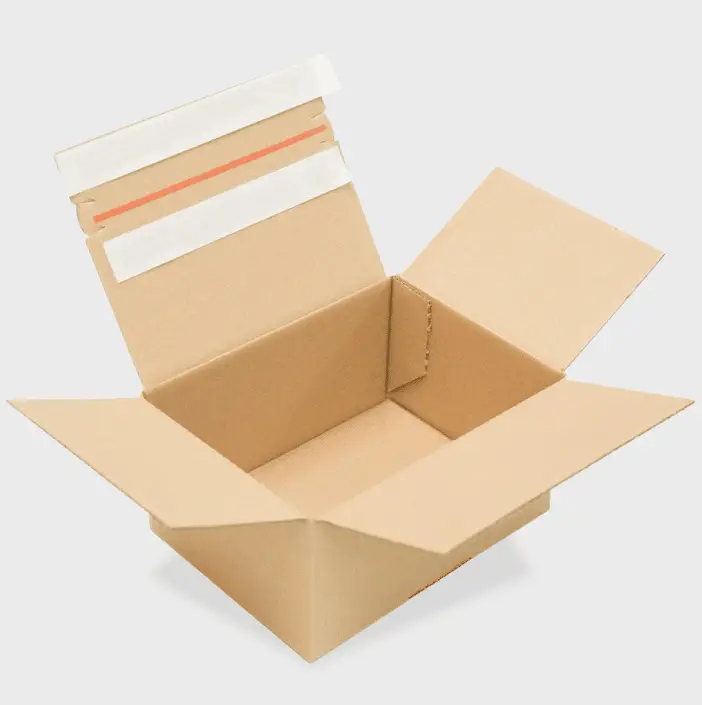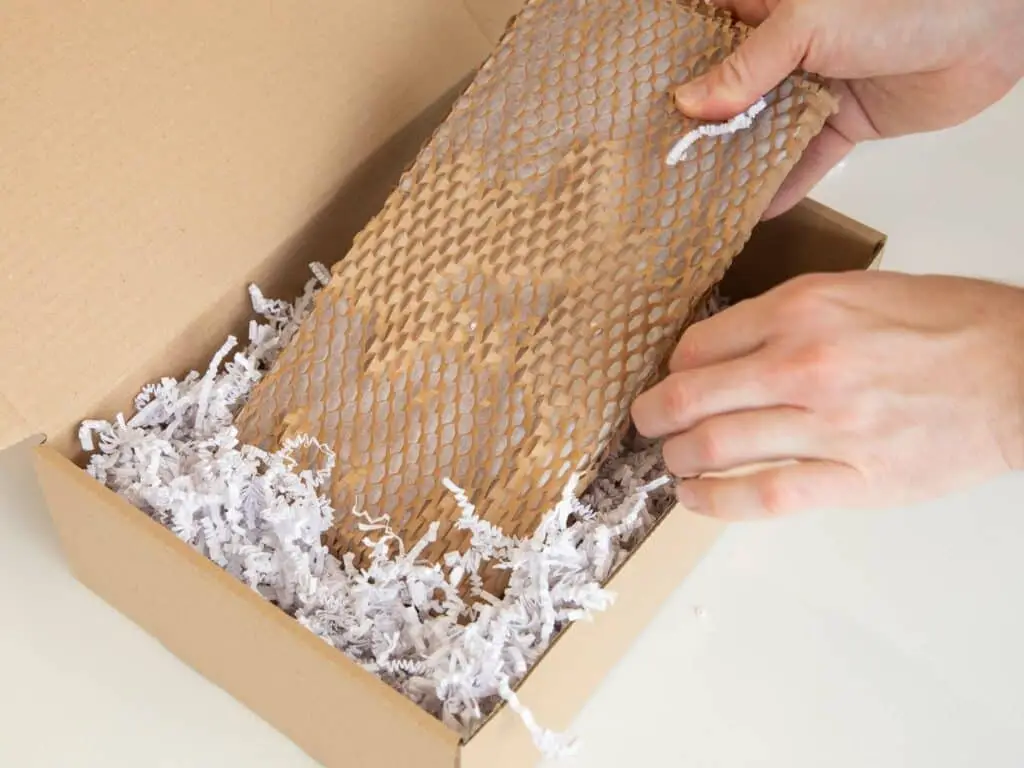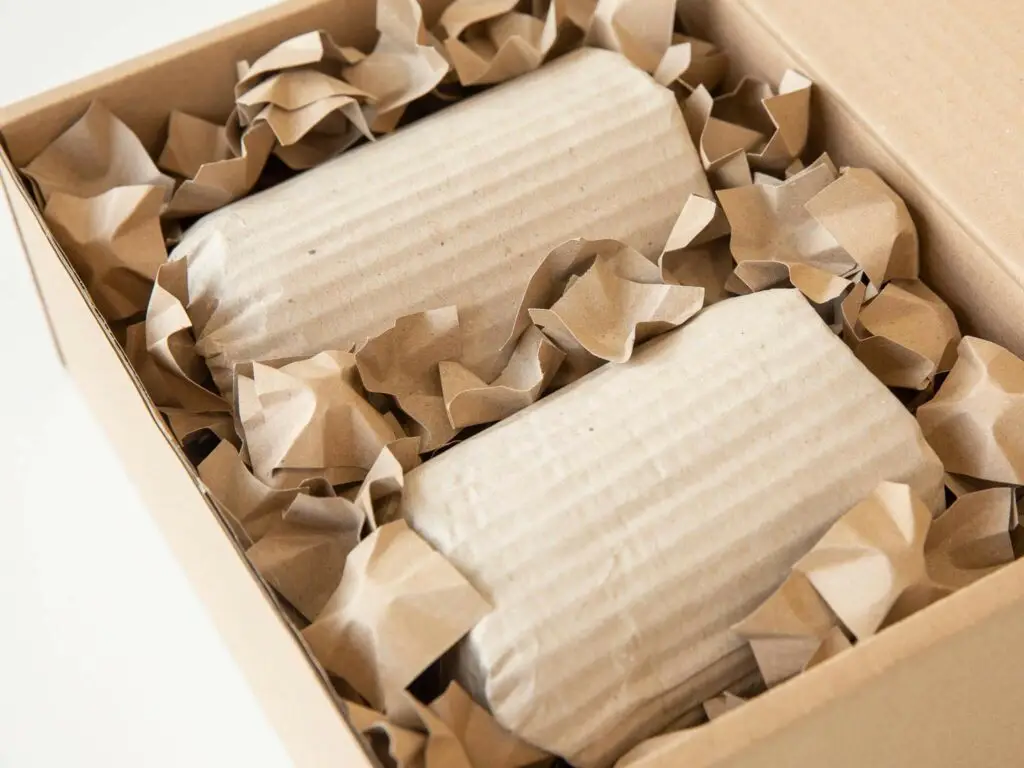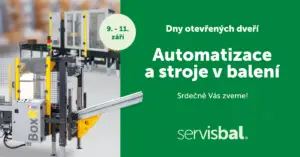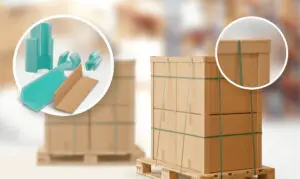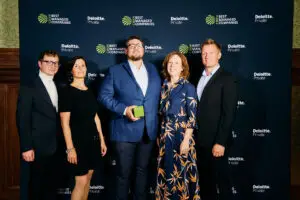Criteria of sustainable packaging

“The problem with packaging, and by extension our whole way of life, is that the price we pay for a product never includes all the costs of producing it. Can anyone factor into the prices the cost of the devastated landscape that will remain after the plundering of natural resources? Are we able to determine how much of the price of goods will pay for the reduced quality of life of people on the other side of the world for the next few generations? Does the recycling fee for durable goods actually cover the full cost of reprocessing an unusable item?
And do you think it includes the cost of disposing of ecological disasters and permanently removing non-recyclable debris from the ecosystem? Finding answers to these questions is very difficult. And it is even harder to find concrete solutions than just answers. However, Servisbal definitely wants to seek such answers and offer such solutions.”
Ing. Lukáš J. Horčička, director of the company


Against the backdrop of all this great effort, we have also decided to define internally which types of packaging we actually consider sustainable. We have taken the liberty of expanding the usual ecological triad “reduce, re-use, recycle”, which we also rely on.
So what is the path to sustainable packaging?
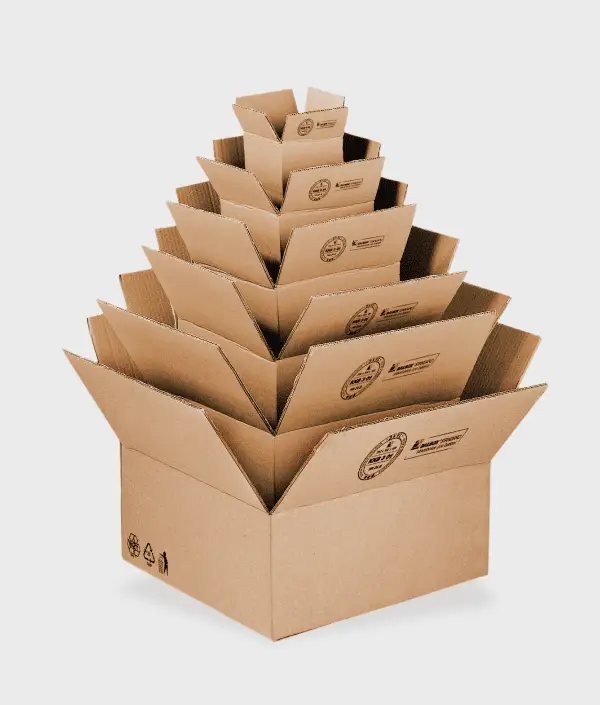
1. Lightweight and with appropriate dimensions
so that the customer does not pack air with the goods and at the same time does not unnecessarily increase the total weight of the package.
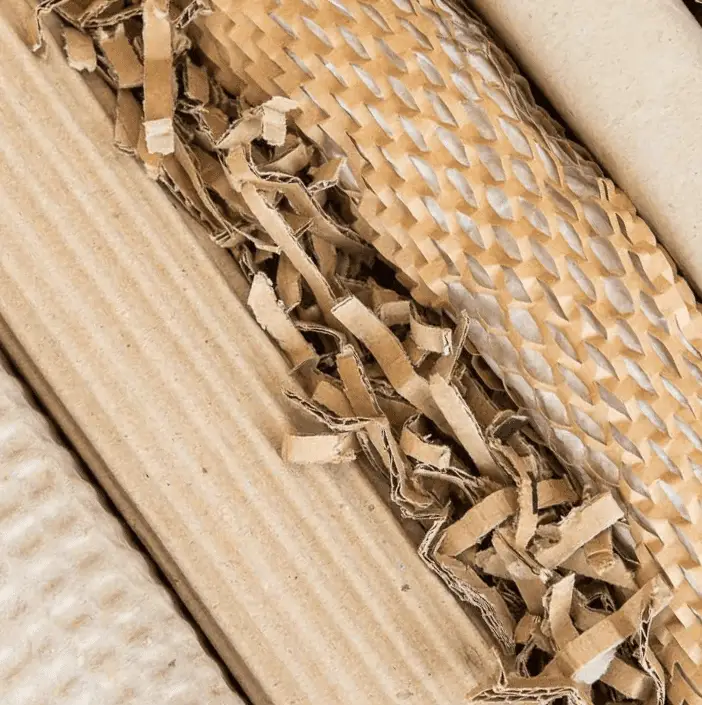
3. Recycled
in a way that is as consistent as possible with the principles of a circular economy.
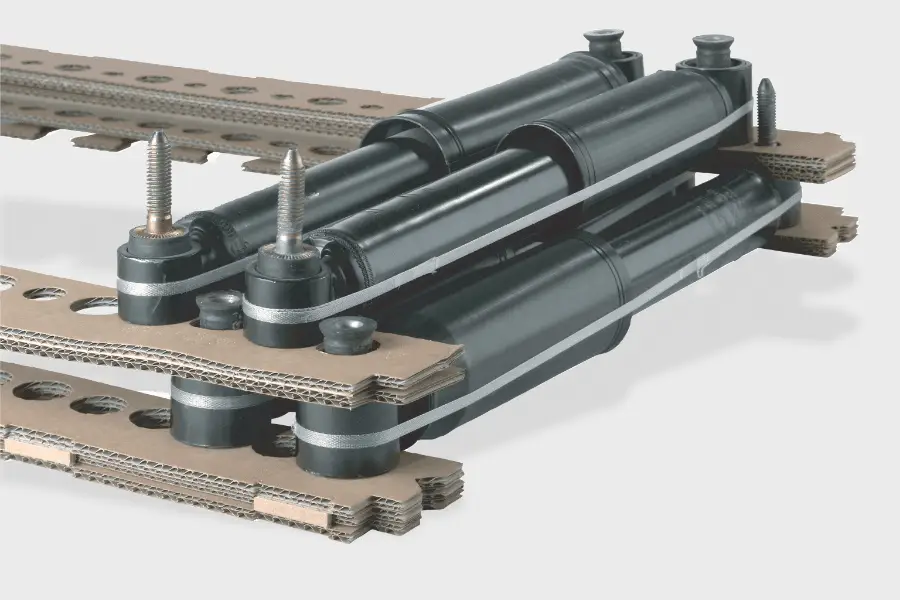
6. Innovatively manufactured
so that the product is truly relevant to the current state of scientific knowledge, does not unnecessarily use outdated materials with a high carbon footprint and is easy to use.
The use of packaging in practice determines its sustainability as much as the packaging itself. We have defined and follow 5 basic procedures.
Read more
5 principles of eco-friendly packaging
The use of packaging in practice determines its sustainability as much as the packaging itself. We have defined and follow 5 basic procedures.

